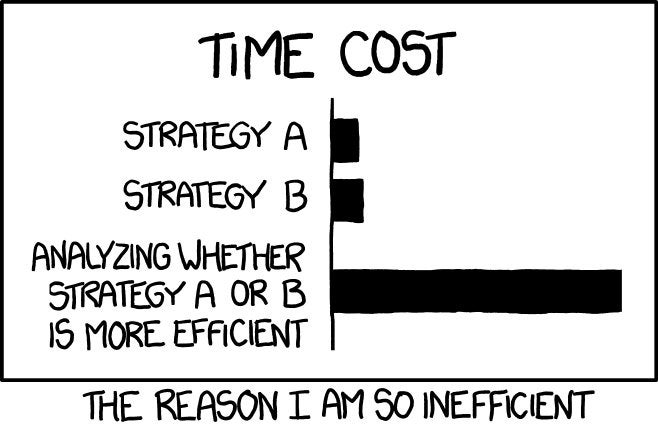
For other causes of termination aside from gross inefficiency, read: Authorized causes in termination of employment
-
An employee may be separated from employment based on a just cause(s) for termination
-
Gross inefficiency is closely related to “gross neglect”
-
Gross inefficiency involves specific acts of omission on the part of the employee resulting in damage to the employer or to his business
Murad S. Shah said, “If you are inefficient, you have a right to be afraid of the consequences.”
If one’s inefficiency is gross, could it cost his or her employment? What is gross inefficiency in the first place?
For a better understanding, let us take the case of International School Manila vs. International School Alliance of Educators, G.R. No. 167286, February 05, 2014.
In this case, Santos was hired by the School as a full-time Spanish Language teacher. One time, she filed a leave of absence for the school year 1992-1993. When she came back from her leave of absence, only one class of Spanish was available for her to teach. Thus, she agreed to teach one class of Spanish and four other classes of Filipino that were left behind by a retired teacher.
Since it was her first time to teach Filipino, the School’s high school administrators observed the way she conducted her classes. She was evaluated in the areas of Planning, the Teaching Act, Climate, Management and Communication. The School alleged that she was still repeatedly found to be lacking in preparation and planning.
In a letter dated May 29, 1997, the she was informed her that the School is adopting the recommendation of the investigation committee that her employment from the School cannot be continued. The committee found that the numerous consultations of Santos with her supervisors for the last three (3) school years did not result in any appreciable improvement on her part. Accordingly, her failure to improve, most especially in the planning area of her teaching, justified the School’s decision to terminate her services.
Furthermore, to retain her in the roster of faculty would be tantamount to sacrificing the welfare of the School’s very own students. The School terminated her on the ground of gross inefficiency in the performance of her teaching duties.
What is gross inefficiency?
The Supreme Court says:
“Gross inefficiency” is closely related to “gross neglect” for both involve specific acts of omission on the part of the employee resulting in damage to the employer or to his business. The failure to observe prescribed standards of work, or to fulfill reasonable work assignments due to inefficiency may constitute just cause for dismissal. This is because gross inefficiency falls within the purview of analogous or similar to the just causes for termination under the Labor Code of the Philippines.
In this case, the Supreme Court finds that the school had satisfactorily proved the existence of gross inefficiency on the part of teacher Santos, warranting her separation from the school.
Thus, as reflected in this case, one’s gross inefficiency may cost his or her employment.
Alburo Alburo and Associates Law Offices specializes in business law and labor law consulting. For inquiries, you may reach us at info@alburolaw.com, or dial us at (02)7745-4391/0917-5772207.
All rights reserved.
SUBSCRIBE NOW FOR MORE LEGAL UPDATES!
[email-subscribers-form id=”4″]

